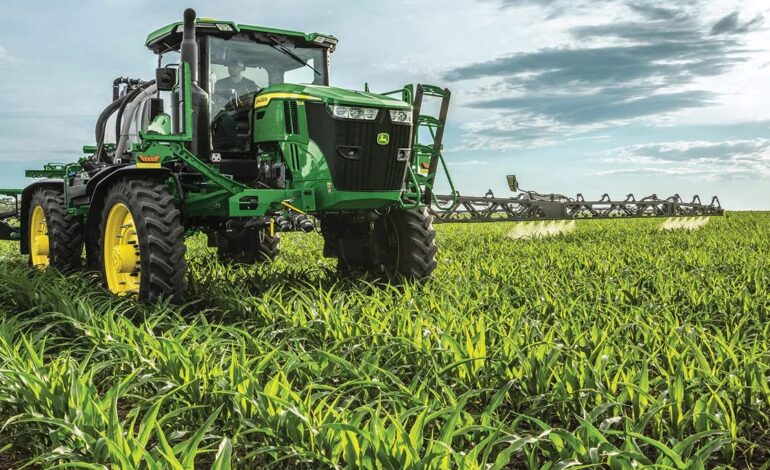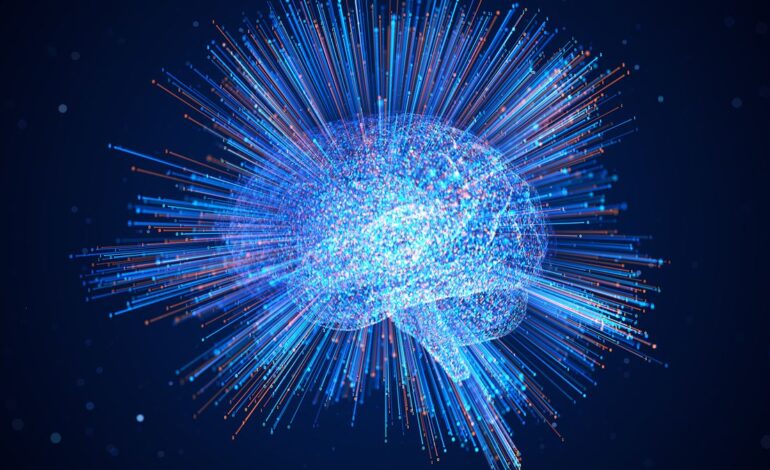
Harnessing AI in Agriculture: Boosting Food Production with Less Resource Usage
The agricultural industry is undergoing a transformation as farmers adopt artificial intelligence technologies. This article delves into how AI assists farmers in increasing food production while conserving resources, thereby addressing the challenges of modern agriculture.
AI-Powered Precision Farming
Precision farming utilizes AI to analyze data and provide actionable insights. By leveraging data-driven solutions, farmers can optimize plant growth, manage resources, and reduce waste. AI technologies, such as advanced sensors and machine learning, enable farmers to make informed decisions, enhancing efficiency and productivity.
Drones and Satellite Imagery
The use of drones and satellite imagery revolutionizes monitoring crop health. These technologies offer farmers detailed insights into their fields from above, allowing them to identify areas needing attention. AI processes this imagery to detect growth patterns, soil conditions, and predict yields.
Automated Irrigation Systems
Water management is crucial in agriculture. AI-driven automated irrigation systems ensure optimal water usage by evaluating soil moisture levels and weather forecasts. These systems can significantly reduce water waste while maintaining crop health, promoting sustainable farming practices.
AI in Pest and Disease Management
AI helps identify and manage pests and diseases without excessive pesticide use. By analyzing patterns and predicting outbreaks, AI systems notify farmers early, enabling targeted and effective interventions. This not only protects crops but also supports environmental sustainability.
Conclusão
AI is reshaping agriculture by promoting efficiency and sustainability. Through technologies like precision farming, drones, and automated systems, farmers can produce more food with fewer resources. AI’s role in modern farming is crucial for addressing global food security challenges and paving the way for a more sustainable future.




